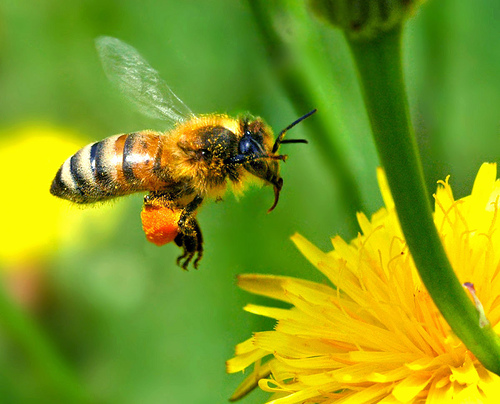Hey mate, we’re not that different

There are those who say that Canada is one of the four corners of the world. Surely, the same can be said of Australia. Like distant cousins, Canada and Australia share a great many similarities, although they tend to be opposites. Polar opposites. The Great White North has ice and snow, while the Land of Oz has its sand and sun. Aussies drive on the left side of the road, love to surf, and happily eat an unholy yeast extract called Vegemite. Canucks, on the other hand, drive on the right side, tend to ski, and line their bellies with the goodness of maple syrup. What you might find surprising is how, on a Sunday night in Sydney, I found myself in a throwback, hunchback hockey rink, watching the city beer league finals. At a time of year when hockey is just hitting its stride in Canada, it is spring in Australia and hockey teams are gunning for playoff glory, and giving everything they’ve got. Hockey may seem an unlikely pastime in Oz, where the game of rugby is practically a religion and a sheet of ice is about as common as a man-eating koala, but the two sports are actually quite similar. Hockey is to ice what rugby is to grass, so it should come as no surprise that our national game is part of the Australian sports landscape. It is the world’s game now, and brings us all closer together. It certainly did on Sunday night. The captain of the home team, to no one’s real surprise, was the only Canadian on the roster; a strong and steady defenceman who understood the game. His bench consisted of a number of inspired Aussies, a couple Europeans, and a Mexican goalie whose game plan consisted of flopping around in the crease and hoping for the best. They probably couldn’t beat a Bantam Rep squad in small town Canada, but that wasn’t the point. The point was the game remained the same, and their passion for it was still very much there. Since the rink didn’t have a bar, or popcorn machine, we were forced to make do on our own; and the players seemed to enjoy the loud and generous cheering, as if someone finally understood what they were doing out there. The game itself ended in a tie, thanks to a dramatic last-minute goal, and the fans were treated to a shootout. The players weren’t too thrilled about it, but the hometown Aussie fans were eating it up like Vegemite on a stick. The most telling moment of the night came after the game, as fans mingled with players, hockey bags hit the ground with that familiar clink of bottles, and everyone kicked back with a cold one or two. With the swing of a stick you could hit someone from British Columbia, one from Great Britain, one more from Boston, and another who lived within walking distance of the rink. It was pond hockey all over again, with friends arriving from everywhere, all sharing in the game and magic that is hockey. It was enough to make anyone feel at home - and if that’s what hockey has given the world, then Canada can be very proud indeed.



